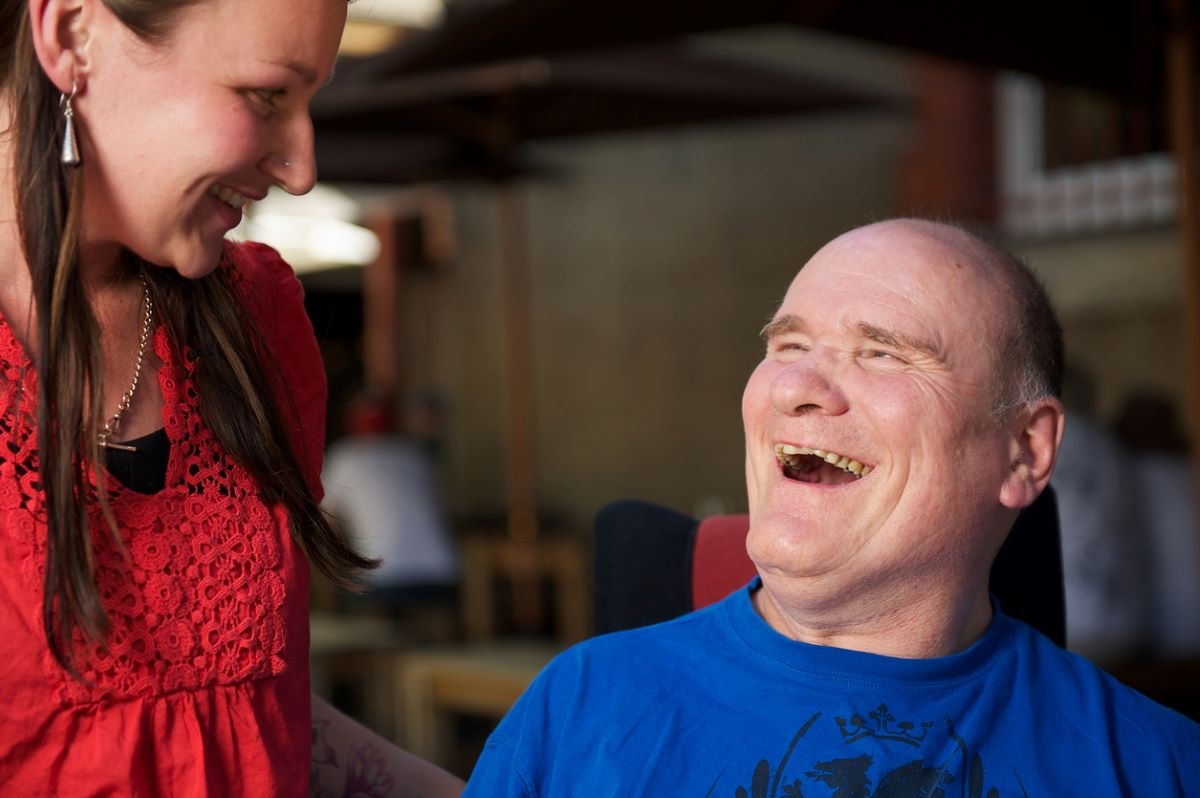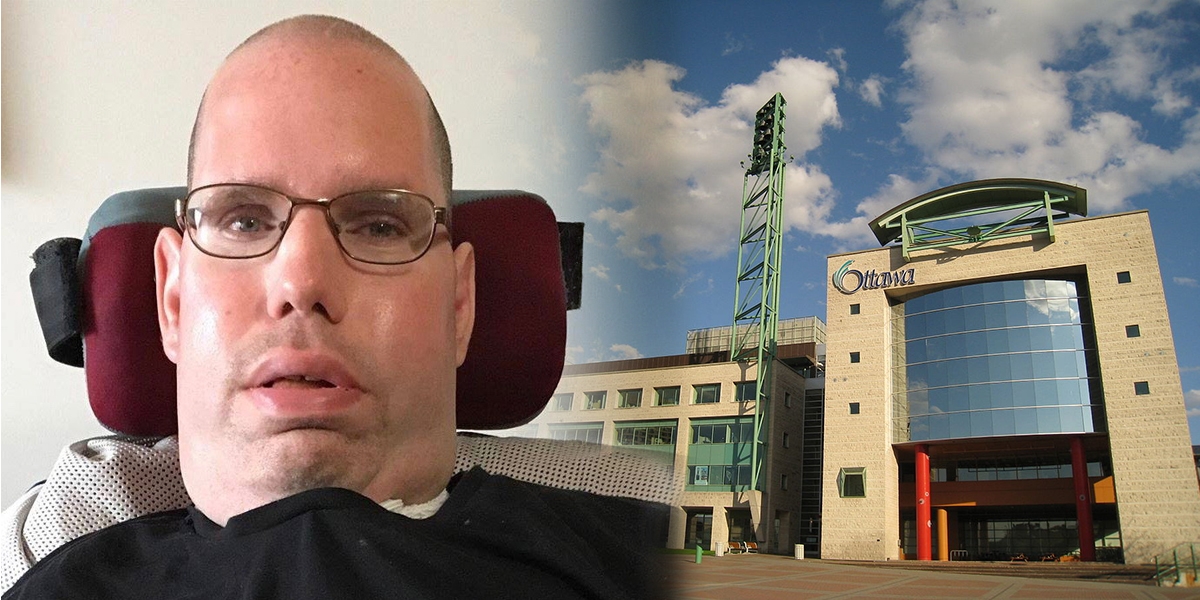
Perceptions & misconceptions: We may be different, but we’re just like you
What’s your first thought when you come across a person using a wheelchair or another mobility device?
Do you think of us as just another person, or do you view us as less or more of a person only because we appear and do things differently?
In part one of a two-part series, I’ll be taking a look at some of the most common misconceptions and reactions that others have towards people with disabilities (PWD).
Before I continue, I want to mention that every PWD has a story to share regarding this topic.
We’ve all experienced a certain level of awkwardness from time to time, especially when we meet or come across new people. My experiences may differ from others with disabilities, as well as my opinions.
With that said, let’s roll right to it, or through it depending on how you choose to look at it.
For me, the most common reaction I get is people staring. Some are better than others at hiding it. Now, part of me can understand why they’re staring. Let’s be honest, if I saw someone barreling down the sidewalk, or anywhere in a big wheelchair, I’d probably stare too, or at the very least, get out of the way. Just because I can somewhat understand why they’re staring, it doesn’t mean it’s the right thing to do.
In a situation like that, the big question is, why are they staring? Are they merely curious?
I consider myself an open and honest person, especially when teaching others about PWD or my physical disability. If someone wants to ask me a question in a respectful manner, is genuinely curious, and we’re in a safe space, I’ll gladly answer.
Adults tend to have a much harder time asking questions than kids do. Many times, a child has come up to me and asked what happened to me. Typically, whoever they’re with is trying to silence them as I try to explain to their child what happened. My typical answer to them in that situation is that I was born different, but it’s ok.
To many kids, I probably look like a giant robot or a Transformer. Being a nerd that I am, I’m perfectly cool with that.
Another big misconception that I encounter is people assuming that I’m developmentally delayed or non-verbal. For example, going to a restaurant and the server asks whoever I’m with, what am I having? Now, I realize that the place may be loud, and my voice may be hard to understand, but ask me first instead of automatically asking the other person. What would happen if I was dining alone?
Even when a person is non-verbal, there are typically other ways to communicate with them. Everyone has a voice. Often, the quiet ones are the loudest.
Often when I go out, some just flat out lose all sense of how to act around me. I’ve been in elevators, public washrooms, OC Busses, and some have become visibly uncomfortable or act differently when they see me.
Now, I understand if they’ve had a traumatic event involving a PWD, particularly if it was due to a medical reason or a family member. I fully get that part, and I’m sorry that happened to you or a loved one.
As a gentle reminder, not all people with disabilities are the same. Some of us may be hard to understand at times, but that’s no different than anyone else.
We are the same as you are, but we often just do things differently. Some are married with kids. Some PWD are writers. Some have a large circle of friends, and some only have a few close friends.
Some identify as LGBTQ2+, and some don’t. The list goes on.
PWD are just trying to live their lives and be productive members of society. Just like you.
My advice to you is simple.
The next time you see a person with a disability is to please just be yourself. There’s no need to be afraid, ignore us, or talk to us like we’re kids. We’re human, just like you.
And please stop staring at us, unless you find us attractive.
Speaking of which, in the second part of this series, I’ll be taking a look at dating. There’s a lot to cover regarding misconceptions about dating a person with a disability.
To be continued next week.











